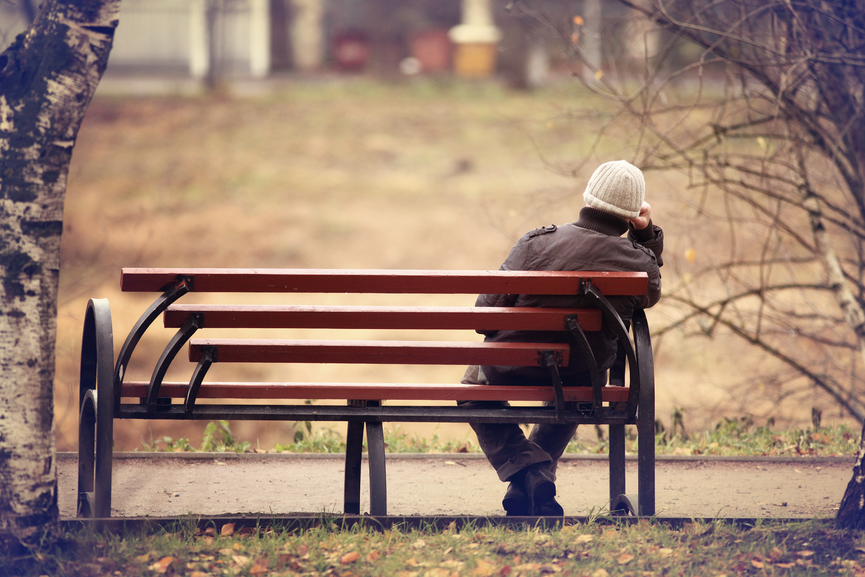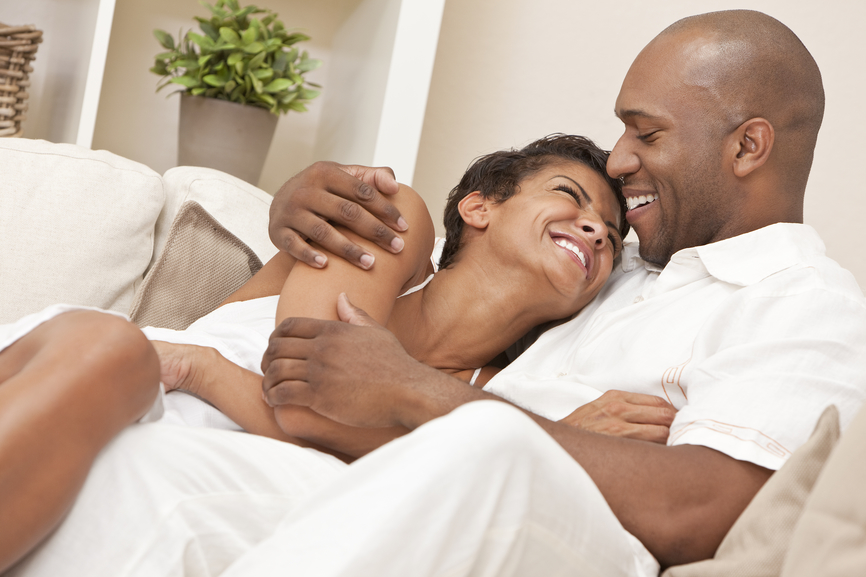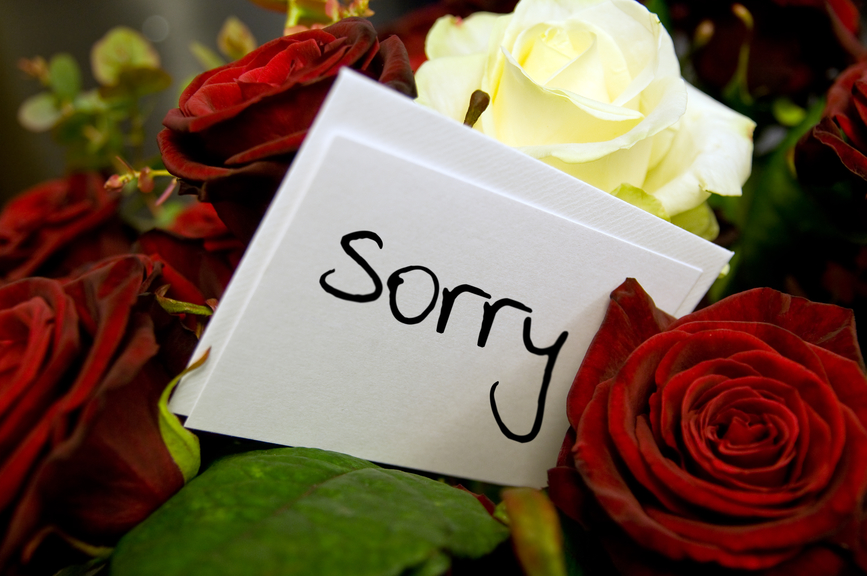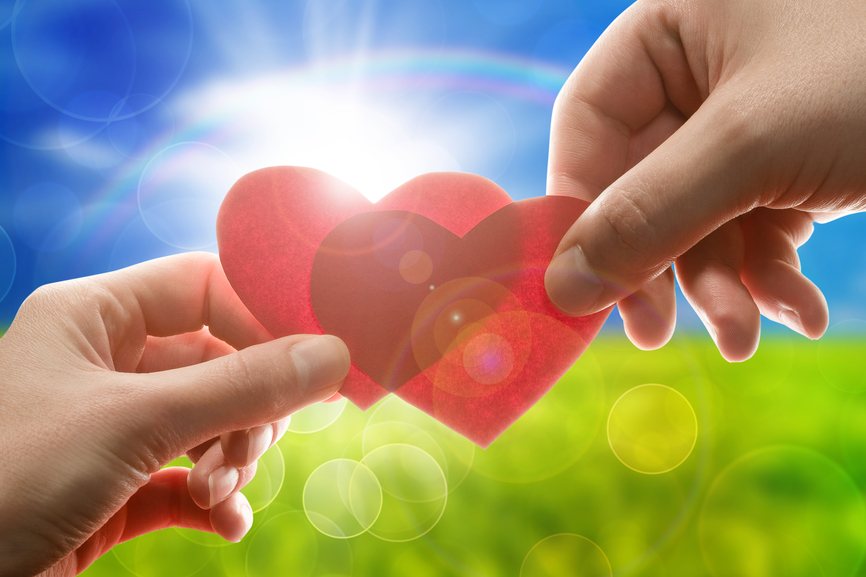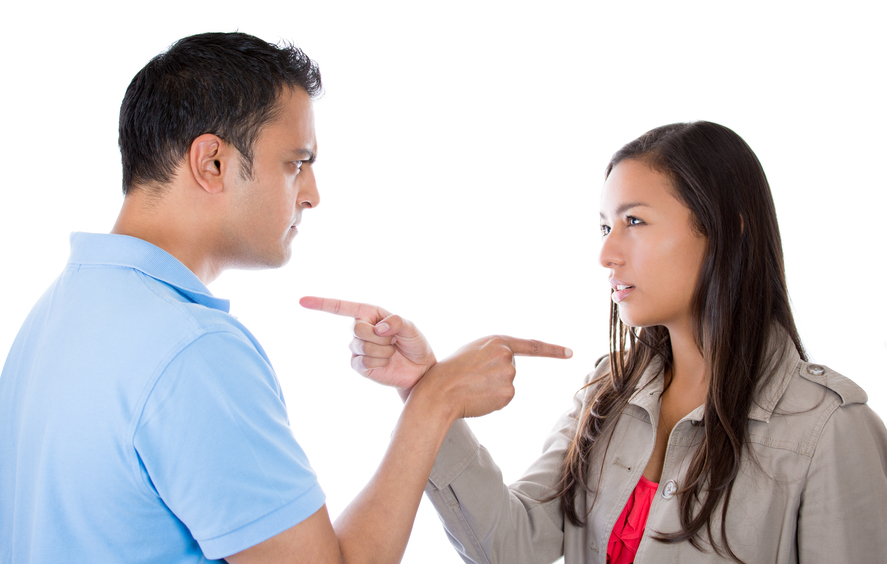As a relationship guide, I spend a lot of time simplifying the most important elements that make a good relationship. The more I teach, the more concise it gets. And I think I have it boiled down to just three parts, three important ingredients to help your relationship thrive.
While they are few in number, the steps might be considered challenging as they require a lot of thought, patience, and trust. The thought part is you thinking about the parts and actually deciding to make yourself do the work. The patience is not expecting to get things right all at once, to be able to allow yourself to develop new positive behaviors in the time it takes. The trust is so you will believe in yourself when you doubt your progress and remind yourself that you can indeed do this.
Read More


